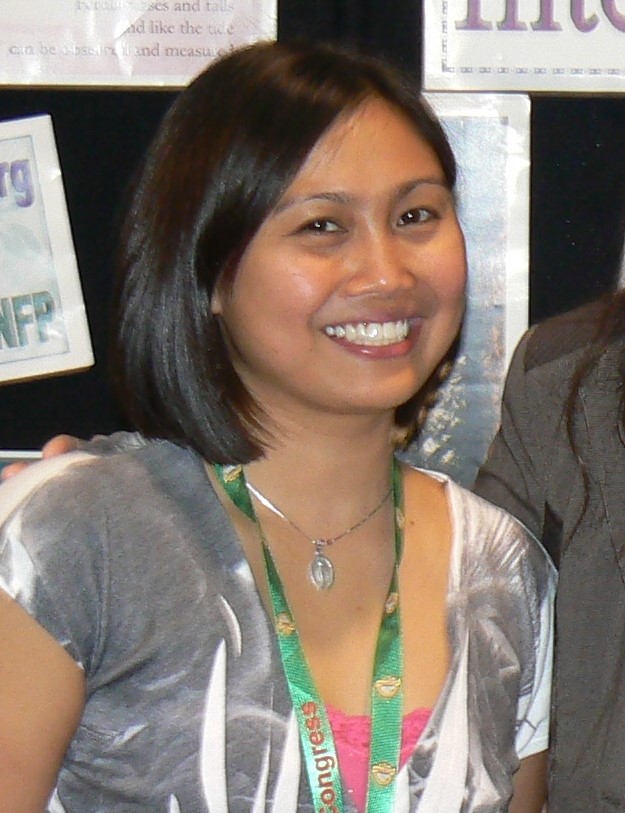The Long and Winding Road: Becoming an NFP Only Physician
As far as I could remember, I have always seen myself as a feminist. I was all about women empowerment and women’s rights, which included advocating the right to take fertility into one’s own hands. Independence was all about moving through, in and around society without the “baggage” of kids and motherhood. Chastity and Abstinence were words that were unheard of! You were smart if you contracepted. I carried the same frame of thought, only more so, when I was in Medical School in the Philippines. I had a strong conviction that it was the right thing for women to do, both for health and societal reasons. I saw contraception as the safety net that would save us from the clutches of being pushed further back in an overpopulated, poverty-stricken nation. After all, I have never heard of anyone say otherwise.
Things took a major turn when I moved to the United States and rediscovered my long-lost relationship with God after a series of broken relationships.I me t a dear friend who would later convince me how deadly harmful contraceptives were. Of course I did not believe him at first. That thought defied what I had learned in med school and from modern society. He gave me a CD by Dr. Janet Smith on “Contraception: Why Not?”, which later on would be the impetus in my own “eureka moment” on why I should not advocate for contraceptives. Skepticism was my first reaction upon inserting the CD in my disk drive, but this ended in my 180 degree turn on why women should NOT be contracepting. During my first year of residency in Family Medicine, I told my Program Director that I would neither prescribe any form of contraceptives nor assist in any sterilization procedure. Luckily, the decision was received without resistance by the faculty and I carried on. When I moved to Central California to finish the latter part of my residency program, I again spoke with my new program director about my conviction not to provide contraception. There was some resistance, though manageable, and I did meet some colleagues who mocked this decision. I’ve had a few of the faculty staff challenge me with cases of women with medical conditions where the Pill was supposedly the solution: to regulate their cycles or to help with pelvic pain or to cure their acne. With these, I was at a loss. I did not know what to say but I still requested not to be given patients who would ask for contraceptives for whatever purpose. Because of this, I had to look for alternatives to help women and their gynecologic issues without resorting to artificial hormones. I looked for resources online and eventually emailed the Diocese of Fresno. They referred me to Dr. Lynn Keenan. A year prior to this, I met Dr. Keenan at the Los Angeles Religious Education Congress at the CANFP Booth while learning more about the Pro Life movement, but lost her contact information. When the Diocese gave me her email address, I instantly wrote to her and told her my interest in learning Women’s Health without The Pill. I did a six month rotation with her, learning the basics of the Creighton Model FertilityCare System and NaProtechnology and knew this was exactly what I was hoping to learn. NaProtechnology is the answer to women’s health! It is empowering. It helps women with irregular cycles, pelvic pain, and infertility to find the underlying causes of these and offer real solutions. After residency, I started my own practice in Hanford, CA as an NFP-only Family Physician, and became a Medical Consultant for FertilityCare.
NFP is the new feminism, with NaProtechnology as its main vehicle.
I am still a feminist, now confident that I am in its truest sense, Pro-Woman.
About The Author


